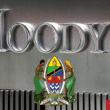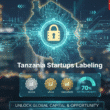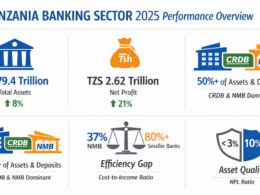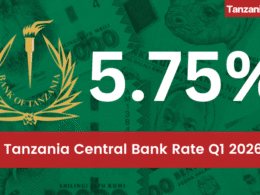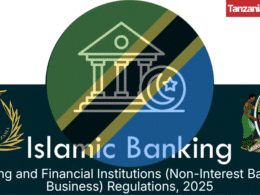The Bank of Tanzania (BoT) has begun implementing a guided self-regulatory framework for Tier II Microfinance Service Providers.
All providers must join one of two national associations — the Tanzania Association of Microfinance Institutions (TAMFI) or the Tanzania Microfinance Institutions Union (TAMIU) — within six months from 7 August 2025.
The framework, developed in partnership with TAMFI and TAMIU, follows the signing of a Memorandum of Understanding (MoU) on 2 July 2025 that established the regulatory structure. It aims to strengthen financial consumer protection, improve governance, and promote transparency in the microfinance sector.
Under the arrangement, TAMFI and TAMIU have been formally designated as Guided Self-Regulatory Institutions (GSRIs) responsible for promoting market conduct, enforcing ethical standards, resolving client disputes, and implementing best practices among their members.
BoT will continue issuing licenses to Tier II Microfinance Service Providers, oversee the enforcement of self-regulation, and support TAMFI and TAMIU in ensuring compliance with legal and regulatory standards.
According to the Public Notice issued on 7 August 2025, all Tier II Microfinance Institutions must join either TAMFI or TAMIU by February 2026 to retain their licenses and operate under the new framework.
BoT Governor Emmanuel M. Tutuba stated that the arrangement reflects a joint commitment to fostering a trustworthy, transparent, and client-focused microfinance environment, which is vital to improving service delivery and advancing financial inclusion in Tanzania.
Tier II Microfinance Service Providers in Tanzania are non-deposit-taking institutions registered under the Microfinance Act, including credit-only companies, housing microfinance firms, individual money lenders, and digital lenders.
According to BoT data, the sector comprises over 2,600 providers nationwide, serving low-income individuals and micro-entrepreneurs who are often excluded from commercial banking.
BoT introduced specific microfinance regulations in 2019 to strengthen supervision, promote transparency, and protect borrowers.
The guided self-regulation model is intended to enhance oversight by leveraging the reach and peer-monitoring capacity of the national microfinance associations.


